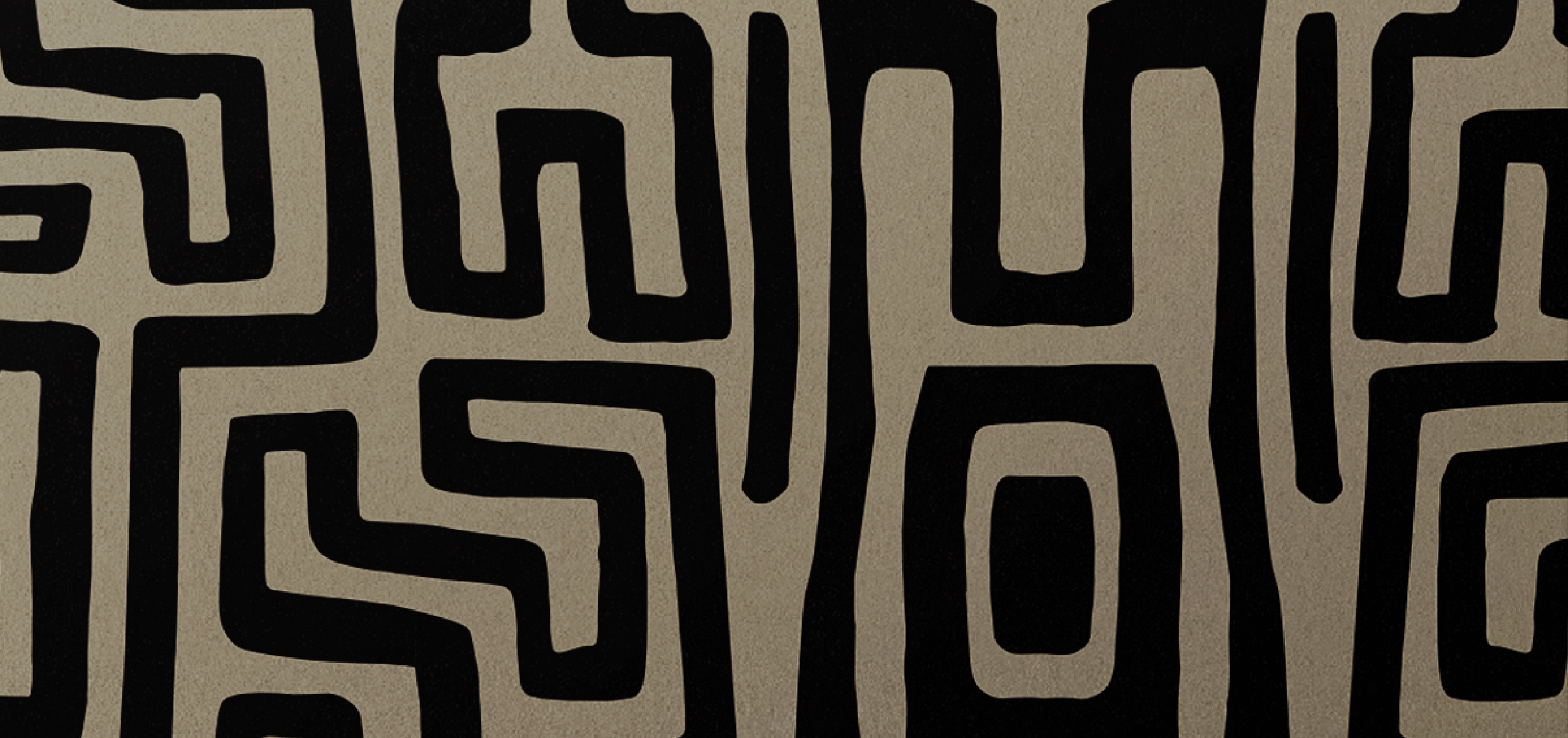|
The Deathbed Perspective, Part II It’s only been hours since I wrote about the deathbed perspective — not weeks, not months — and somehow, life already handed me another reminder. I reached out to someone I love deeply — one of the people I would call a true member of my soul family. He’d been having some health issues, and we’ve just learned that they’re serious. We still don’t know how serious — how much time he has left — but the truth is, that question now hangs in the air. And I was just… overcome. This is someone who has taught me more than almost anyone else in my life — about love, about self-understanding, about spirituality, about how to move through the world with grace and presence. From the very beginning, our connection was unexplainable. It wasn’t learned or earned; it just was. One of those rare, beyond-this-lifetime recognitions. And now I’m facing the reality of losing him. I found myself sobbing — that primal, can’t-breathe kind of grief — thinking, please don’t go. Of all the people in the world, you’re the one I can’t imagine not being here. You’re the one I still want to laugh with, to go on adventures with, to check off bucket-list dreams with, to just exist alongside for a little longer. And as I sat in that, I realized how the universe — again — was giving me perspective. Because here I am, entangled in daily life: the conflicts, the misunderstandings, the stories that pull me into frustration or fear or ego. And then this happens — a reminder that none of those things matter at all. It’s as if life keeps whispering, Wake up. Remember what’s real.
|
|
|
When we talk about a deathbed perspective, we often think about our own final moments — what we’ll wish we had done, who we’ll wish we had been. But there’s another side to it: What about the deathbed perspective of sitting next to someone else’s? How do you love someone while they’re still here, knowing that one day they won’t be? How do you show up in your relationships — not to bypass the hard stuff, but to stay conscious of what truly matters underneath it? Because when someone you love is dying, it cuts straight through all the noise. There’s no space left for drama, for pride, for holding back. There’s only love, and the truth of connection. It makes you realize how sacred it is that these people — the ones who see you, teach you, hold you, mirror you — are here at all. |
 |
 |
I keep thinking about how I want to make sure nothing is left unsaid. That if he were gone tomorrow, he would know exactly what he meant to me.
And maybe that’s the invitation for all of us — to take inventory of our relationships, to ask:
Have I said what I need to say?
Have I let people know how much I love them?
Have I lived like I understand how temporary this all is?
I once heard someone ask, “If you found out you were going to die in five minutes, who would you reach out to — and what would you say?”
That question cracks something open in almost everyone.
Because it reminds us that the clock is already ticking.
So maybe that’s where I’ll leave this — as a prompt, a prayer, a practice:
Write the words. Make the call. Say the thing.
Because to love fully, to live truthfully, to give ourselves permission to be exactly who we are while we’re here — that’s the gift of living with a deathbed perspective.








